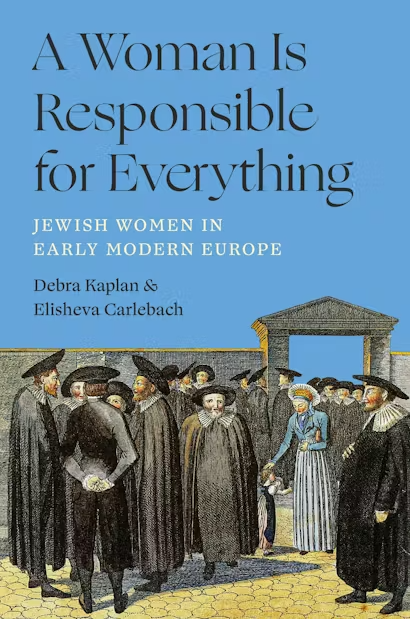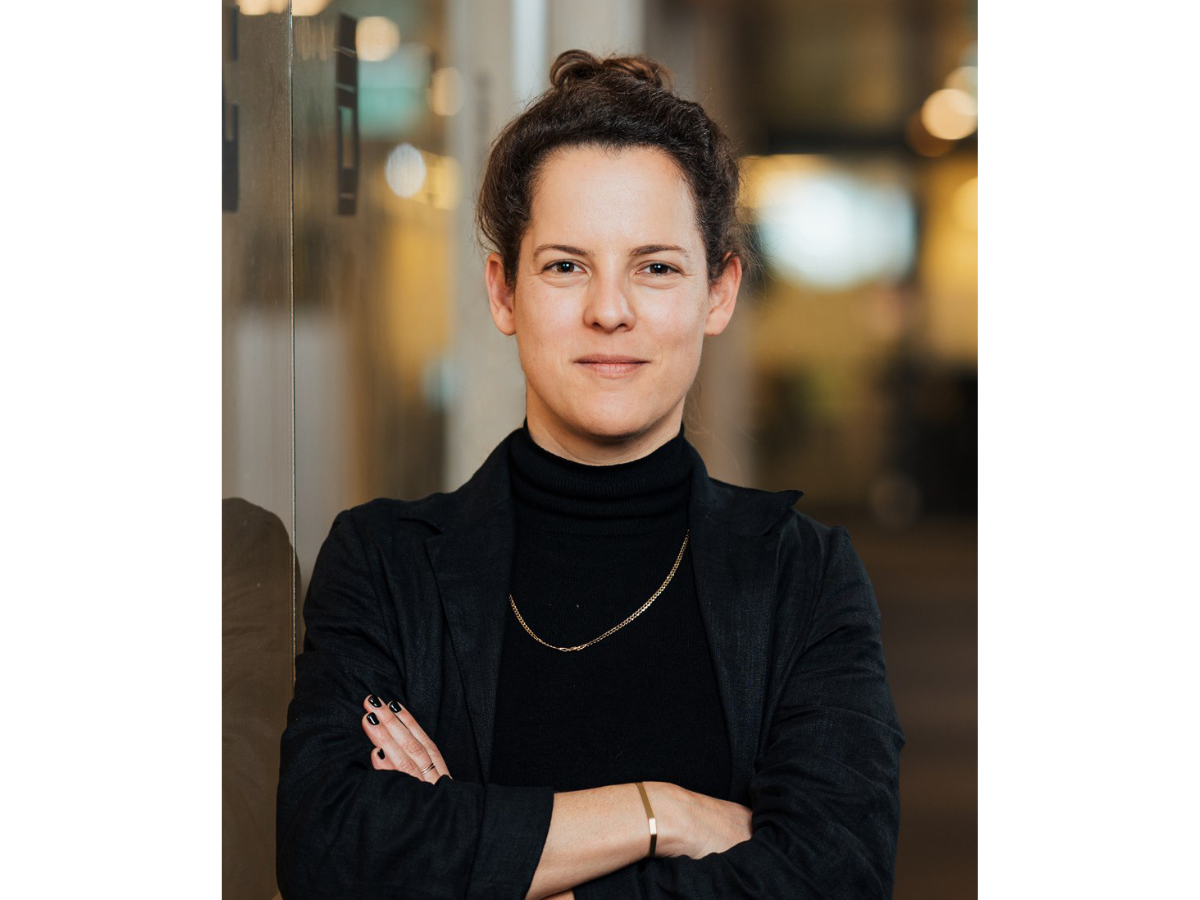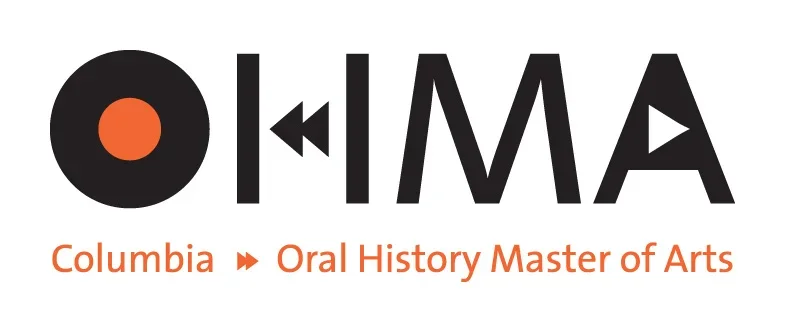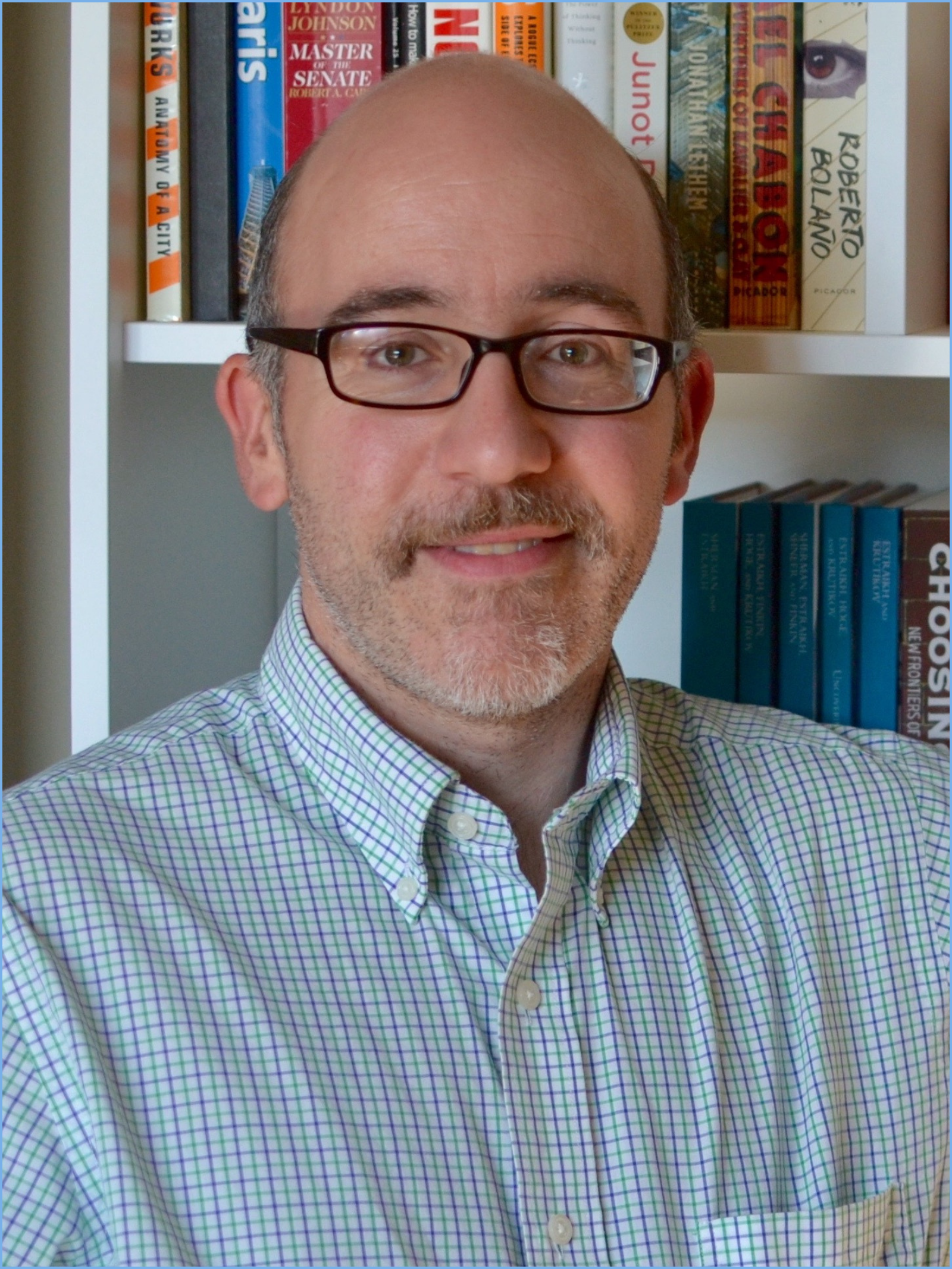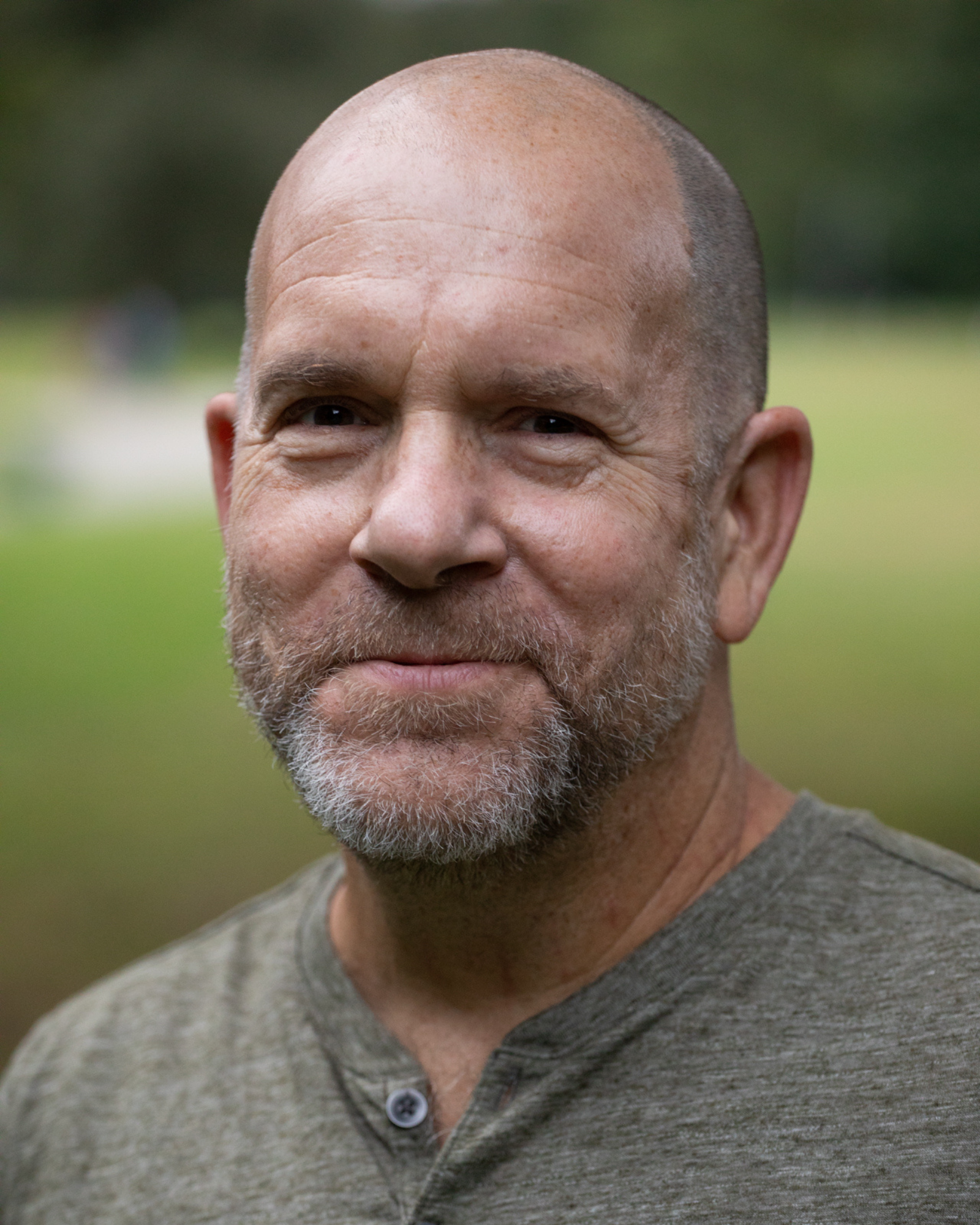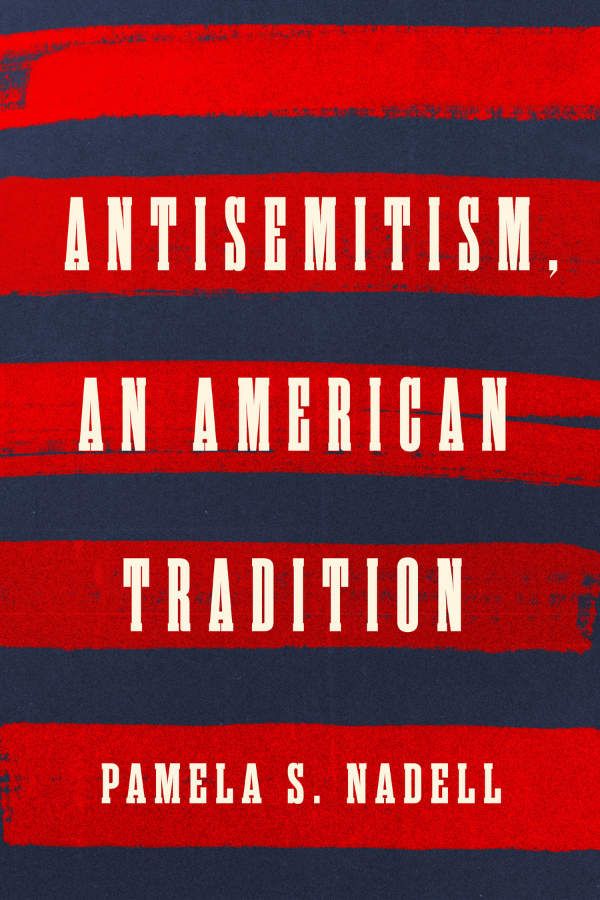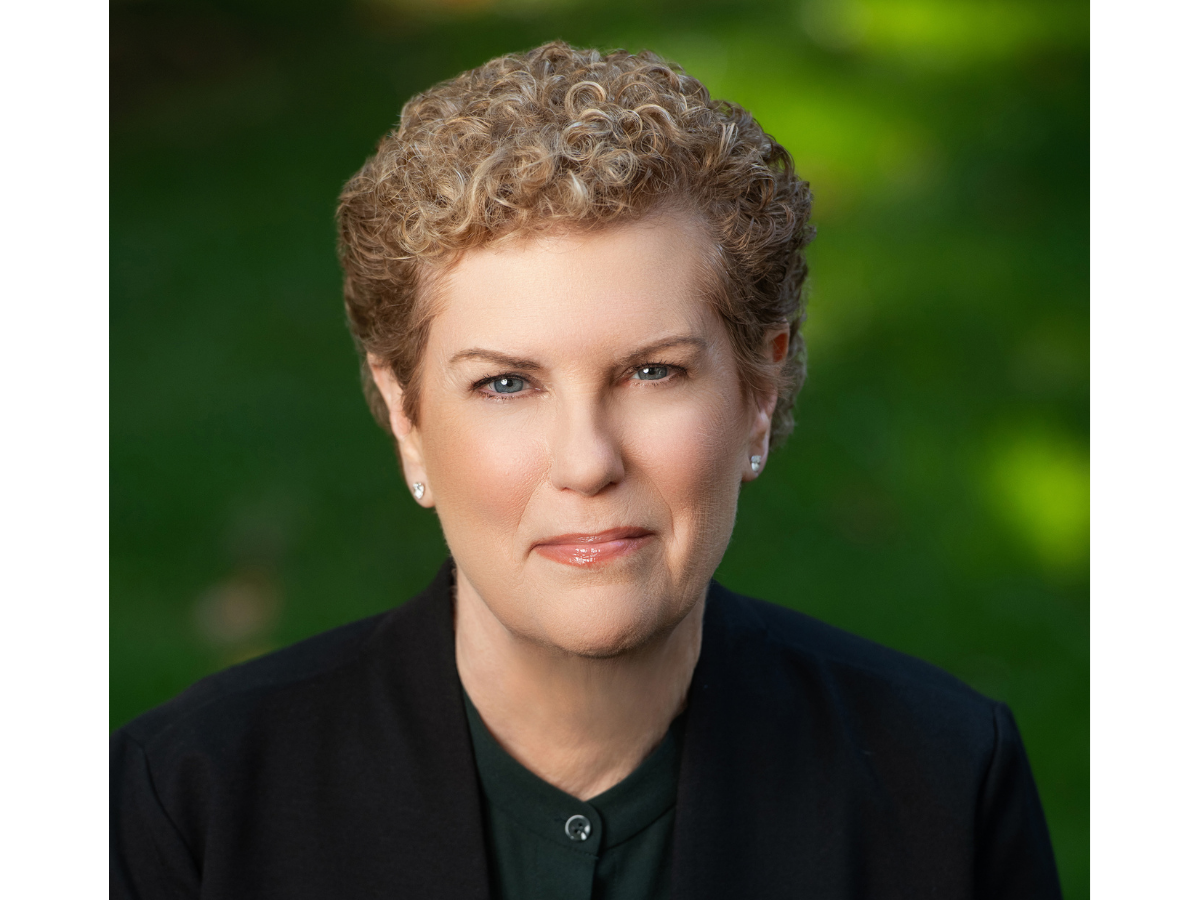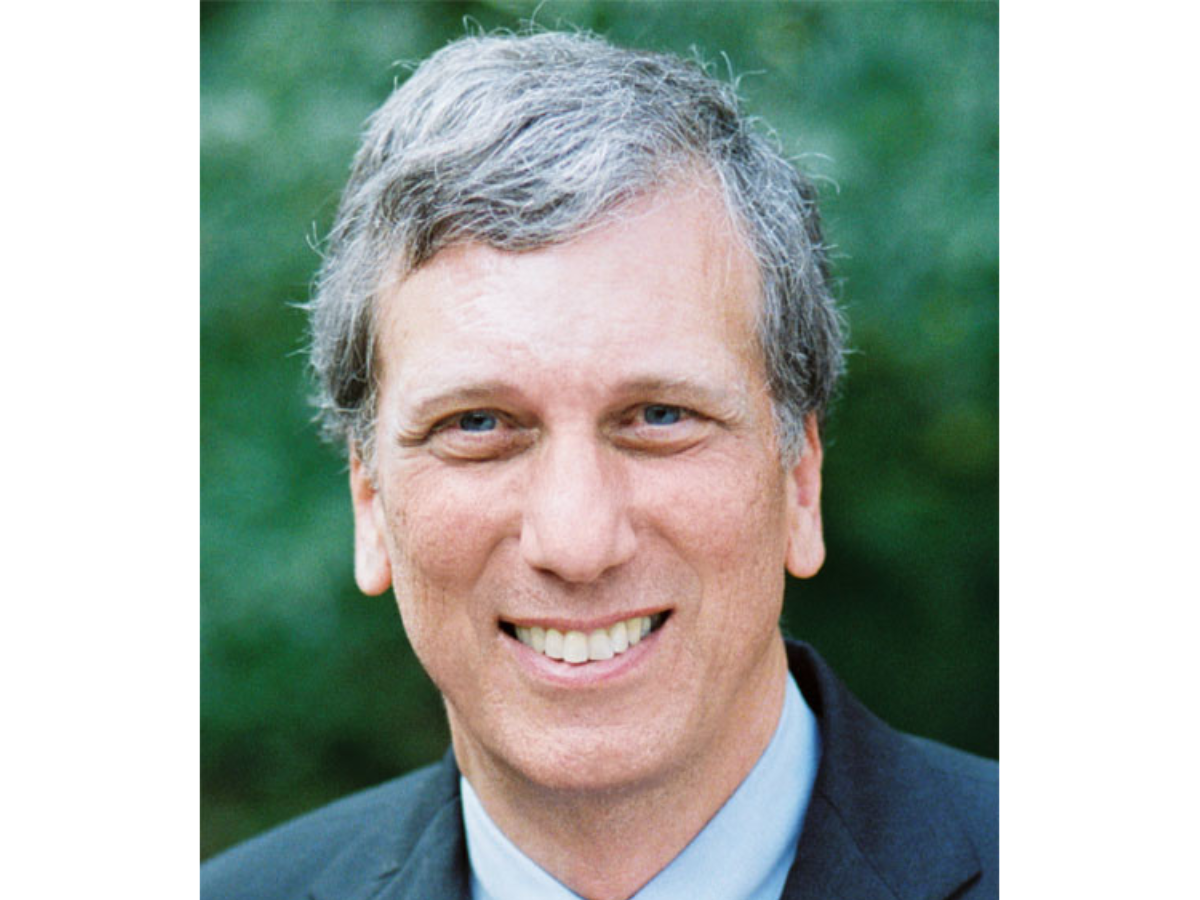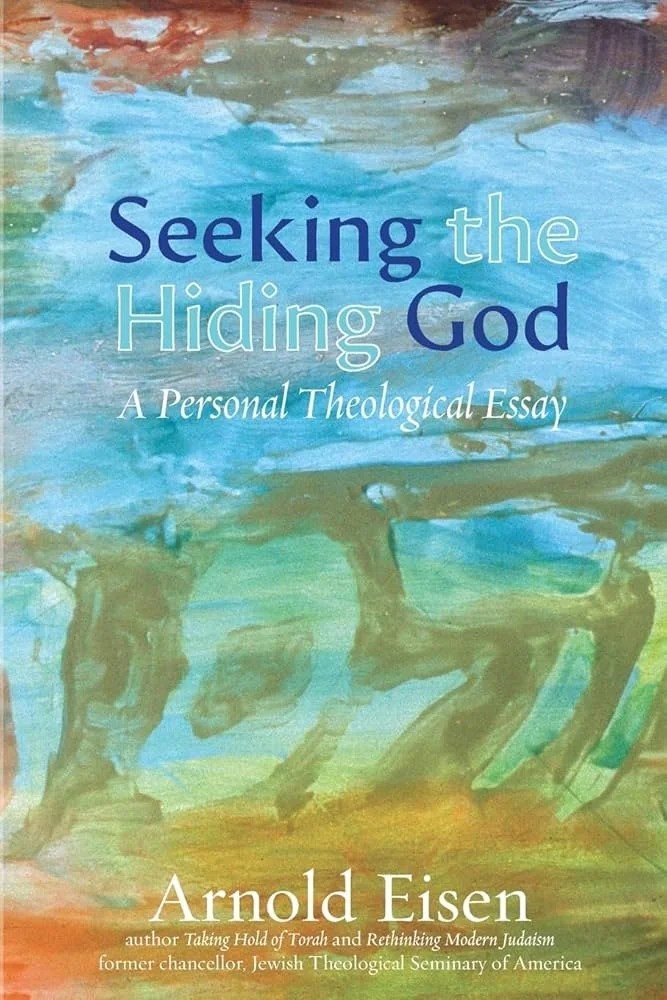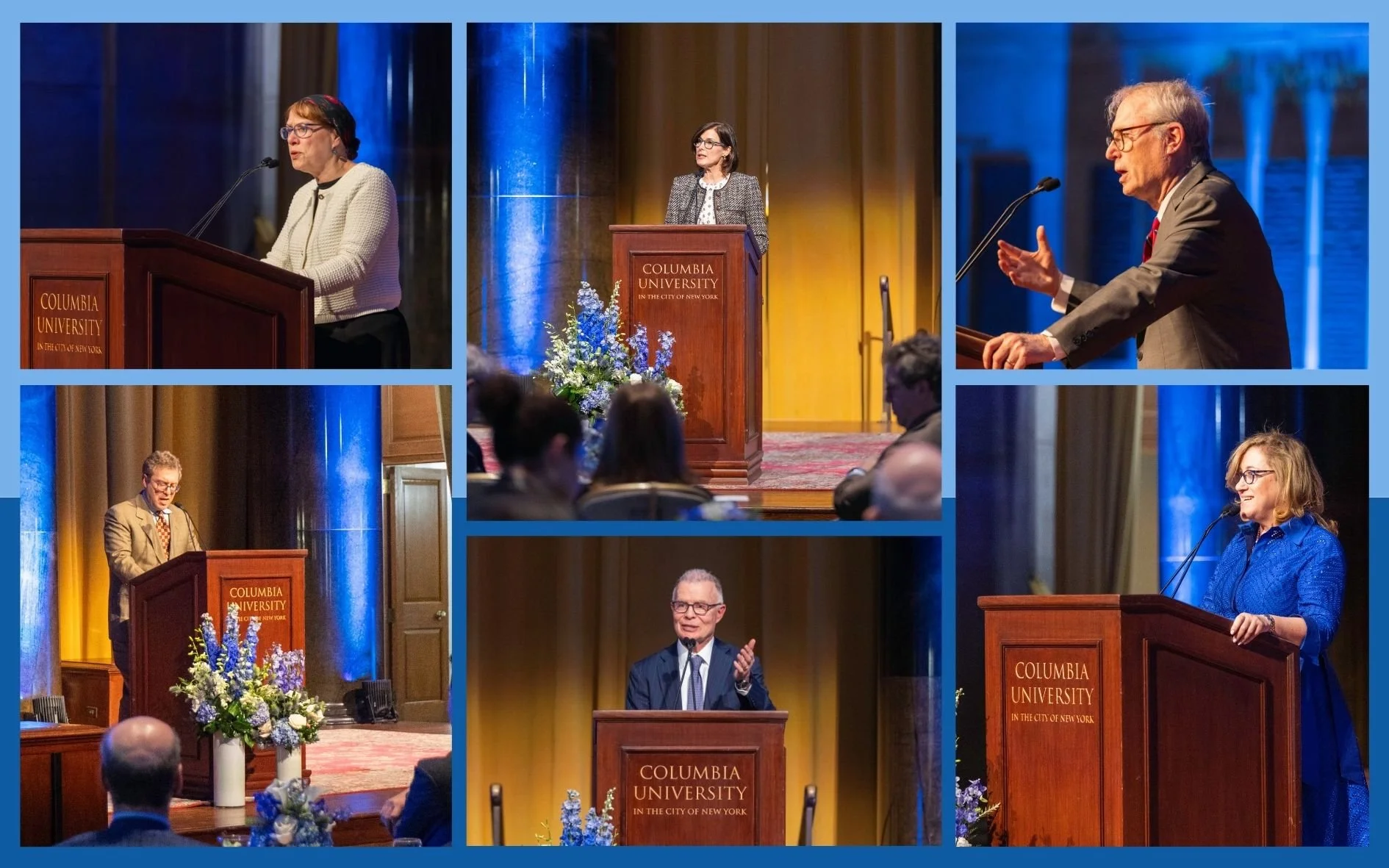The Institute hosted a panel discussion led by IIJS Co-Director Rebecca Kobrin and featuring Jonathan Dekel-Chen, Nadav Eyal, and Avi Shilon on Sunday, October 5, 2025.
On October 7, 2023, Hamas invaded Israel and carried out the deadliest assault on Jews since the Holocaust. The attack not only shattered assumptions about Jewish sovereignty, security, and politics but also reshaped Israel’s relationship with the wider world. In the months that followed, the war in Gaza and the intensifying debates it provoked deeply influenced global perceptions of Israel, the Jewish diaspora, and the boundaries of antisemitism.
As scholars continue to assess the aftermath, new questions emerge. How should October 7 and its consequences be integrated into the broader trajectory of Jewish history? What insights do Jewish historical experience and memory offer for understanding this moment? In what ways are shifting international responses to the Hamas–Israel conflict reshaping Jewish life worldwide?
The Institute for Israel and Jewish Studies continues this vital conversation with the second event in our series, Framing October 7.
Jonathan Dekel-Chen is a member of Kibbutz Nir Oz. The Hamas attack on his kibbutz on October 7, 2023 resulted in the massacre of dozens of its members, the captivity of many dozens more as well as the physical destruction and looting of Nir Oz. His 37 year-old son Sagui – a father of three young girls – was among the hostages from Nir Oz; he was released on February 14, 2025.
Since the Hamas attack on his kibbutz, Dekel-Chen has advocated in the US and Israel for release of the hostages, including many meetings with senior officials in both the Biden and Trump administrations, as well as members of Congress. He has also made hundreds of media appearances to inform the public about the plight of the hostages.
Dekel-Chen is the Rabbi Edward Sandrow Chair in Soviet & East European Jewry at the Hebrew University of Jerusalem, where he holds a dual appointment in the Department of Jewish History and in the Department of General History; he is also the Academic Chairman of the Leonid Nevzlin Research Center for Russian & East European Jewry. Dekel-Chen’s research deals with modern Jewish history, modern Israel, transnational philanthropy and advocacy, non-state diplomacy, agrarian history and migration.
Together with Sagui, his older son Etai, and the late Tamar Kedem Siman-Tov, in 2014 Jonathan co-founded the Bikurim Youth Village for the Arts in Eshkol. Relocated to Ein Gedi in 2020, Bikurim provides world-class artistic training for underserved high school students from throughout Israel.
Nadav Eyal is a leading Israeli journalist, Adjunct Professor at Columbia’s School of International and Public Affairs and Senior Scholar. He is winner of the Sokolov Award (Israel’s equivalent of the Pulitzer Prize) and recipient of the B'nai B'rith World Center Award for Journalism. He writes columns for Yediot Ahronot and Ynet, and serves as a commentator for Channel 12.
Nadav chaired the Movement for Freedom of Information, which promotes transparency and accountability in Israel from 2021-2026. His recent book HOW DEMOCRACY WINS (if it does) (2023), was lauded by Haaretz as a major contribution to the study of democracy. He has also produced major documentary projects, including: Trumpland (2016), Syrian refugee crisis (2015), and Hate on rising anti-Semitism (2014).
Since October 7, 2023, he has focused on covering the Hamas attack, Gaza war, and northern border, including field reporting and victim accounts.
Avi Shilon is a historian who specializes in Israel Studies. His PhD dissertation focuses on the attitudes of the leaders of the Revisionist Movement toward Jewish religion from 1925 to 2005.
He is the author of Menachem Begin’s biography, Menachem Begin: A Life (Yale University Press, 2013); Ben Gurion: His Later Years in the Political Wilderness (Rowman & Littlefield, 2016); and The Decline of the Left-wing in Israel: Yossi Beilin and the Politics of the Peace Process (I.B. Tauris, 2020).
Shilon was a visiting scholar at NYU from 2019 to 2022, teaching courses at the Hebrew University and Ben-Gurion University in Israel, as well as at NYU and Rutgers University in the U.S, and Tsinghua University in Beijing. Last year, he taught at Columbia University.
Shilon is also the editor of the non-fiction section at Am-Oved Publishing House and writes op-ed columns for Yedioth Ahronoth. He is currently teaching at the Tel-Hai Academic College in Israel.
The panel is available to view in full below.

